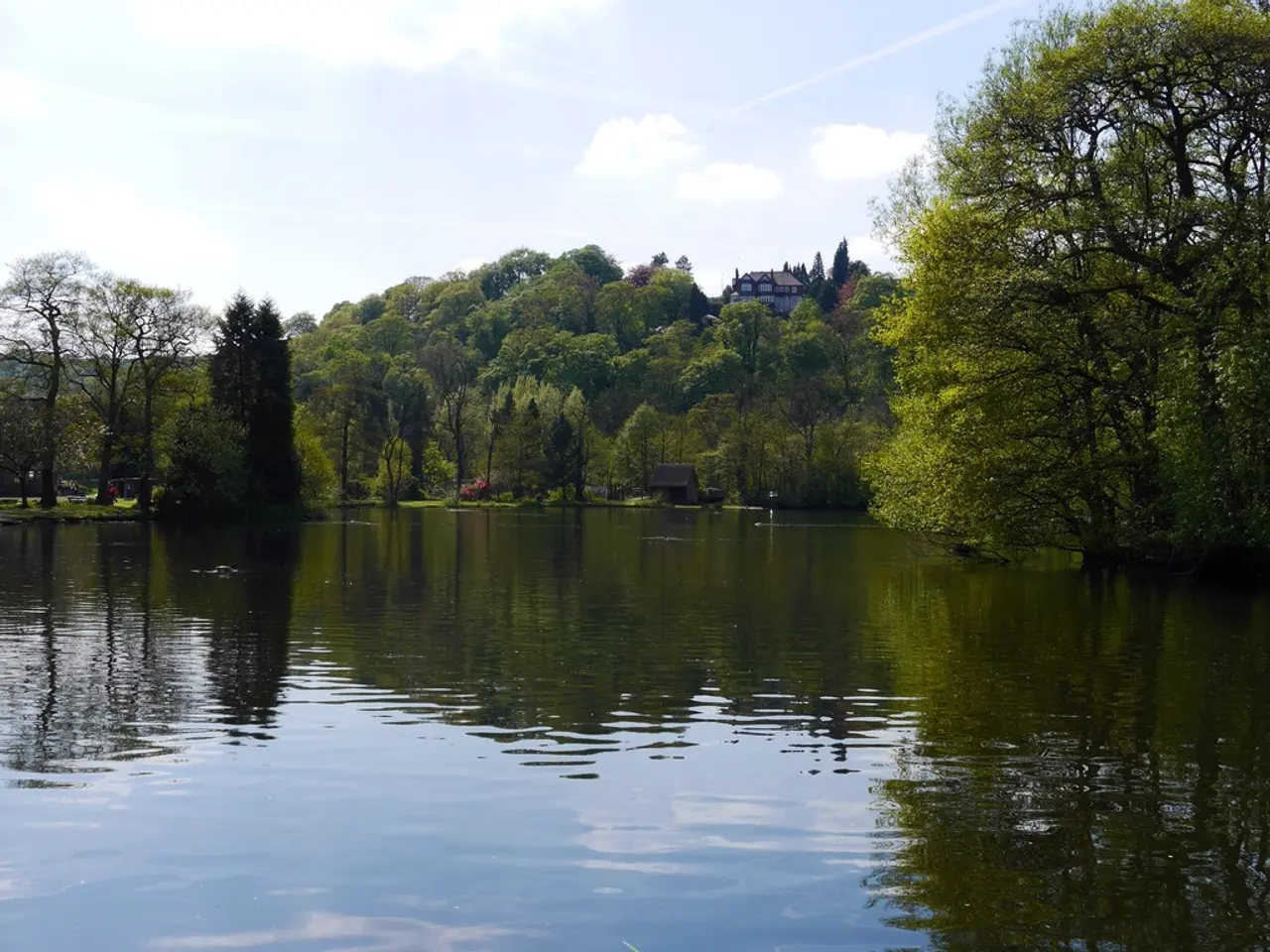Salt extraction happening at well-known pink lake, Kobeituz
The unique beauty of Lake Koybetuz in Kazakhstan, famed for its distinctive pink color and rare algae, has attracted tourists from far and wide. However, this increased attention has also brought about some negative impacts, such as looting and vandalism.
Looting and Vandalism: The Unwelcome Visitors
Tourists, drawn by the lake's striking pink hue caused by algae and high salinity, often collect salt crystals, algae, or other natural materials as souvenirs. This practice disrupts the lake's delicate ecosystem and has led to a concerning trend of looting and vandalism.
Some visitors have been seen leaving graffiti or litter, damaging the aesthetic and ecological value of the area. Increased foot traffic can also disturb the shoreline and surrounding habitat, potentially affecting local wildlife and the lake’s balance.
Measures to Prevent Looting and Vandalism
Authorities have taken several steps to combat this issue. Increased surveillance and patrolling around the lake aim to deter illegal collecting and destructive behaviors. Fencing and informative signs have been installed to guide visitors on appropriate behavior and restrict access to sensitive areas.
Local initiatives encourage education about the lake’s ecological importance, fostering a sense of stewardship among residents and tourists. Stricter enforcement of environmental protection laws, with penalties for offenders, has been introduced to discourage harmful activities.
A Long-term Preservation Effort
These combined efforts aim to balance tourism benefits with the long-term preservation of Lake Koybetuz. In 2020, concerns arose about the lake's deterioration due to the influx of visitors, with some Kazakhstanis reportedly removing salt from the lake.
The lake is not only known for its rare algae and local salt, believed to have healing properties, but also for its isotonic sodium chloride solution, which has a concentration similar to that found in plasma. Lake Koybetuz, translated from Kazakh as "increase salt," is a site of natural wonder that extends beyond the borders of Kazakhstan.
Unfortunately, looting of salt from Lake Koybetuz has been ongoing since the early 90s and appears to be getting worse. It's not just salt that is being taken; oil, copper, gold, and even government funds have reportedly been stolen. Safety concerns have led to warnings for Kazakhstanis not to visit the lake.
Despite these challenges, efforts to preserve Lake Koybetuz continue. In 2021, mass raids were conducted to combat looting, and the regional akimat explained that the lake's gradual drying up is a natural process for such lakes. However, some speculate that the ongoing looting at Lake Koybetuz may be part of a larger advertising campaign, as recent events are not reported in the article.
In the end, the preservation of Lake Koybetuz is a shared responsibility. By respecting the lake and its ecosystem, we can ensure that future generations can continue to marvel at its unique beauty.
Science and environmental-science communities have become increasingly concerned about the looting and vandalism at Lake Koybetuz, which threatens the lake's unique ecosystem. General-news outlets have reported on the history of this issue, with looting and damage to the lake dating back to the early 90s.
Amidst the escalating crime-and-justice issues at the lake, some authorities have suggested that the looting could be part of a larger advertising campaign to create sensational headlines. This raises questions about the accuracy of reporting and the motivations behind the looting and advertising practices.
Sports-enthusiasts visiting the area may be surprised to find out that Lake Koybetuz's rich history goes beyond its picturesque beauty. The lake's isotonic sodium chloride solution, with a concentration similar to that found in plasma, offers potential opportunities for sports medicine research, as well as potential remedies for various health issues related to salinity and algae.





